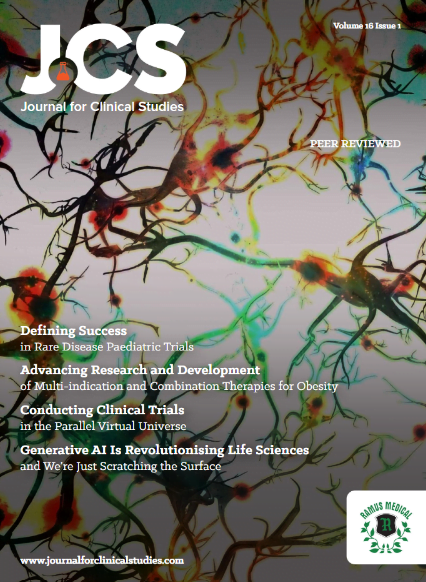by Anna Smith
Novartis has announced results from two new clinical trials evaluating improvement in heart structure and function and long-term safety of Entresto (sacubitril/valsartan) at the European Society of Cardiology (ESC) Congress 2019.
The results from the PROVE-HF trial show significant improvements in measures of cardiac structure and function at six months and one year in patients with heart failure with reduced ejection fraction (HFrEF); EVALUATE-HF results complement these findings.
The trials, evaluating the drug in patients with HFrEF, found that Entresto not only positively impacts a biomarker shown to be associated with prognosis of clinical outcomes in HFrEF, but also that the effect is associated with significant improvement in the structural and functional changes, known as cardiac remodelling, that occur with the disease.
Cardiac remodelling impairs the heart’s ability to pump blood to the body and leads to poor prognosis. Therefore, a positive impact on cardiac remodelling may be important in the treatment of HFrEF as it may result in reversed damage to the heart, which can lead to improved clinical outcomes.
“The PROVE-HF and EVALUATE-HF studies provide the first evidence that Entresto may help reverse the damage to the heart caused by HFrEF, which could lead to improved clinical outcomes,” said Marcia Kayath, global head of medical affairs and chief medical officer, Novartis.
She continued, “We conducted these studies to more deeply understand Entresto’s impact on heart structure and function in HFrEF patients. For the first time, an association was shown between biomarker and cardiac remodelling improvements in patients treated with Entresto.”
Heart failure is a chronic and progressive condition, which impacts 26 million people worldwide. About half of people with HF have heart failure with HFrEF, also known as systolic HF. It presents a major and growing global health-economic burden that currently exceeds $108 billion annually, which accounts for both direct and indirect costs.















